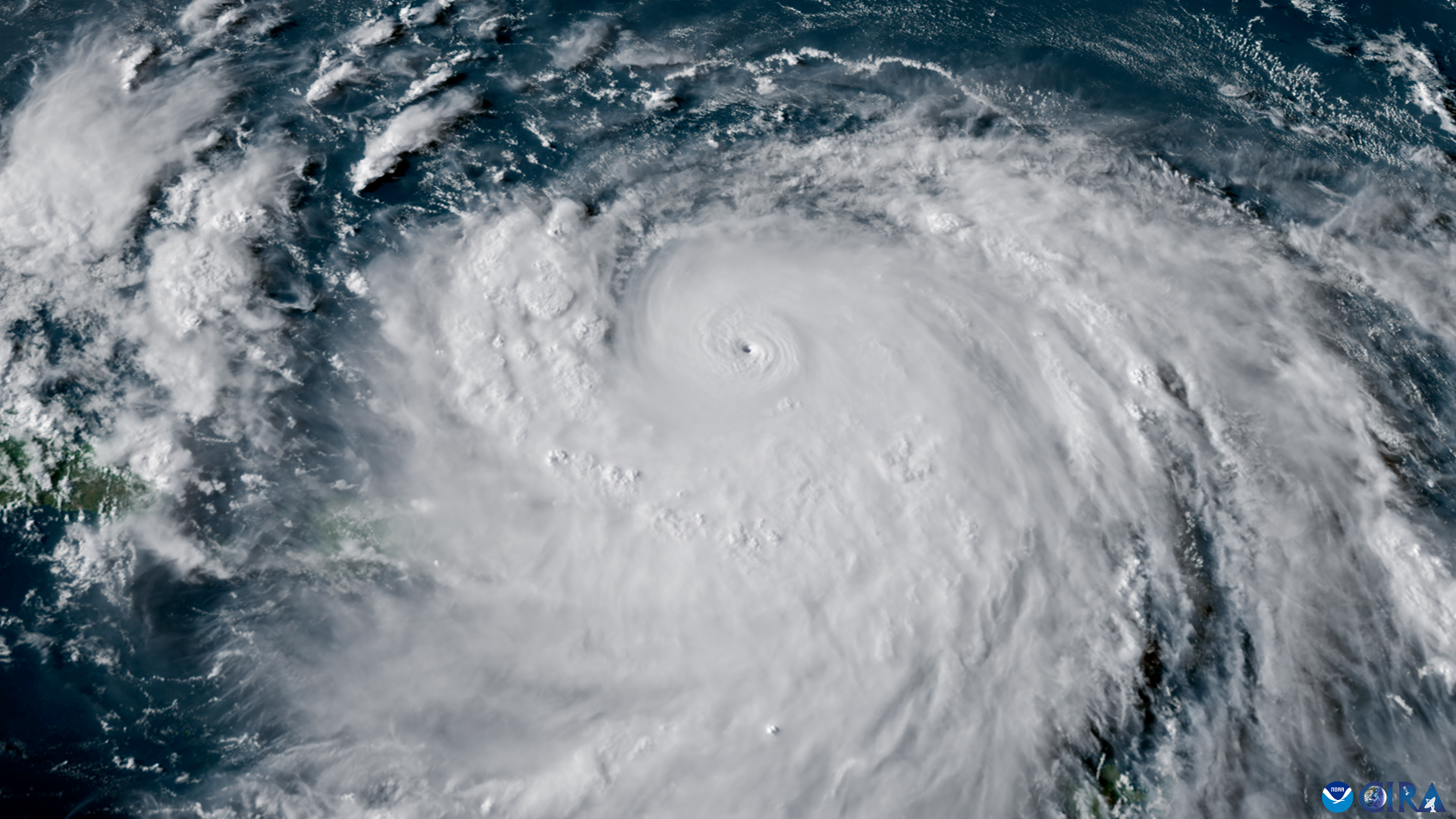The New Science of Willpower: Can Self-Control Really Get Used Up?

Does willpower have a limit?
For more than 15 years, psychologists believed the answer to that question was clearly yes. Indeed, a whole line of research, based on a seminal study published in 1998, suggested that not only is human willpower a depletable resource, but it's also drawn from a singular source in the brain. Hold back from scarfing down a chocolate chip cookie, and you'll be less persistent at logic puzzles. Refrain from expressing your emotions, and math problems will seem so much more painful.
Lately, though, this theory has taken a hit — several, in fact. Many psychologists now think this phenomenon, dubbed "ego depletion," doesn't exist at all.
"The foundations of the theory and the mechanisms behind the theory are so shaky" that it may be time for researchers to "stop and let that [idea] go," said Magda Osman, a psychologist at Queen Mary University of London.
Other experts have said that people do run out of will power, but the theory of ego depletion is more complicated than has been outlined so far.
"Self-control is an important construct within psychology," said Martin Hagger, a psychologist at Curtin University in Australia. "I just think the way in which it's been tested, and this paradigm we've been using, is somewhat limited and therefore causes problems."
A brief history of ego depletion

Hagger was one of the leaders of a major attempt to replicate the ego-depletion effect in multiple labs, using the same experimental protocol as the original study. These sorts of replication attempts are becoming more widespread as psychology deals with what's been dubbed the "replication crisis." If an effect seen in one study is real, the findings should be replicated again and again in multiple experiments. In the last few years, however, researchers have discovered that a number of major psychology studies aren't replicable. [10 Things You Didn't Know About the Brain]
Get the world’s most fascinating discoveries delivered straight to your inbox.
Hagger and his colleagues' replication attempt added the ego-depletion effect to that group. The researchers' paper, published in the journal Perspectives on Psychological Science in July 2016, found no evidence that ego depletion exists.
Prior to that finding, ego depletion seemed on relatively steady ground. The original study, led by psychologist Roy Baumeister, who was then a researcher at Case Western Reserve University in Ohio, tackled the question in multiple ways. First, participants had to do a task involving willpower (eating radishes instead of cookies, making a persuasive speech that ran counter to their own beliefs or suppressing their emotions during a clip of the film "Terms of Endearment"). Then, participants had to do an unrelated but also challenging task, like working on unsolvable puzzles or unscrambling words.
Again and again, Baumeister and colleagues found that exerting willpower in one domain seemed to exhaust it, leaving no willpower available for tasks in other domains. [10 Things You Didn't Know About You]
Other researchers took the idea further. For example, one line of work suggested that the limited resource being depleted was glucose, the brain's fuel. A 2012 study, headed up by Hagger, found that even just swishing a sugary drink around in one's mouth seemed to give people more willpower to perform feats of physical strength or tedious tasks. The sugary taste, it seemed, was fooling the brain into thinking it had more fuel.
Cracks in the edifice
There were challenges to the ego-depletion theory, but the first to cause great alarm was a 2015 paper published in the Journal of Experimental Psychology. The paper was a meta-analysis, or a statistical reanalysis of data from multiple studies. Previous meta-analyses of the ego-depletion effect suggested the effect was real, but the 2015 paper blew all that out of the water.
The researchers used a statistical method to adjust for small studies that showed very large effects for willpower depletion. Studies with small sample sizes have a lot of variability, Hagger told Live Science. Thirty or so people aren't very representative of all of humanity, after all. Thus, in studies with small samples, researchers expect to get some false positives, experiments that suggest that the effect you're looking for is real, when it in fact doesn't exist. As sample sizes get larger and thus more like the real population, the false-positive problem should decrease.

The 2015 meta-analysis, though, found that the research literature on ego depletion was chock-full of studies that had small sample sizes with large effects and virtually zero small sample sizes showing no effect. It was a red flag for publication bias: Journals don't typically want to publish studies that find that two things aren't related. Thus, studies that do find relationships, even by chance, are more likely to be published.
The meta-analysis worried Hagger and his colleagues, so they launched their multinational replication attempt. They used simple computer-based tasks that could easily transfer from lab to lab without language or cultural differences causing problems.
"We found that the ego-depletion effect was roughly zero," Hagger said.
The tide is turning against the notion of willpower as depletable in other ways, too. A meta-analysis published in July in the journal Psychological Science examined the question of whether glucose limits willpower. Queen Mary University of London's Osman and her colleagues used a new statistical method called p-curve analysis to re-examine studies in the field. In statistics, a p-value is the likelihood that a finding occurred by chance. Most of the time, psychologists consider findings to be significant if the p-value is less than 0.05, meaning there's a 95 percent chance the finding is real and a 5 percent chance it's a fluke.
Osman and her team plotted out the p-values of several previous studies of glucose and willpower, and found that the distribution of these values was flat, rather than skewed toward smaller p-values, as they would be if the effect was real. In other words, the published findings linking glucose to strength of will were likely just showing things that happened by chance.
What comes next?
The crumbling of the science of willpower doesn't mean that psychologists have been dishonest or unscrupulous, Hagger said. Rather, a lot of small problems in the way research is conducted and published can add up to piles of data that don't mean much, he said. [11 Surprising Facts About Placebos]

For example, because of funding and convenience, studies are often conducted on small sample sizes, where chance results are more likely. Researchers tinker with their experimental methods as they conduct experiments, thinking they're honing in on the "right" way to find the effect they're interested in, when in fact they're just upping the odds that they'll find a statistically significant effect by chance.
"Scientists have to ask themselves, how long do you have to go testing this effect until you realize it might not be there at all?" Hager said.
Journals prefer to publish significant findings, while "null" reports languish in file drawers. Tenure decisions in universities depend on publication, and competitiveness becomes part of the culture, Hagger said, with scientists working their whole careers to defend a pet theory. And because psychology, in particular, is so relevant to everyday life, flashy findings like ego depletion become the subject of media coverage, pop-psychology books and public lectures.
"There's a huge momentum around what seems like a very intuitive, clever and neat idea," Osman said.
Hagger said he believes there is some truth to the idea of ego depletion. He and his colleagues have done work on ego depletion in field studies, looking at dieters and smokers resisting real-world temptations, and those results hold up to the kind of statistical scrutiny that has brought down the more experimental studies, done with college students in labs, he said.
Ironically, the whole story of ego depletion suggests that the gold standard of experimental psychology — running repeatable experiments in which variables can be carefully controlled — might not be the best way to test willpower, Hagger said. Motivation, for example, is very artificial in a lab environment, where participants might be hungover college students just trying to get extra credit for Psych 101. [Understanding the 10 Most Destructive Human Behaviors]
Osman said she isn't so sure. "Yeah, it's bad," she told Live Science.
"I would say let's move on from [ego depletion]," she said, "and try to look at other less sexy kinds of ideas, like mental fatigue and cognitive resources and executive function, because I think that complements a lot of work in other areas of psychology that is less attractive but has more serious foundations."
Baumeister, the originator of the ego-depletion theory, is now a professor of psychology at the University of Queensland in Australia, and declined to comment for this article. In a rebuttal to Hagger's replication that Baumeister published July 2016 in the journal Perspectives on Psychological Science, however, he called the computer tasks used in the replication "foolish." Baumeister also announced plans for his own multilab replication experiment.
Both Hagger and Osman told Live Science that real-world studies and more replication attempts will be the key to making sure the next generation of psychology research is on sturdier ground than the last. Researchers are already realizing that they need larger sample sizes and greater collaboration to make sure their results are solid, Hagger said.
"We've got to the stage where people are really standing up and taking notice," he said. "Changes are happening."
Original article on Live Science.

Stephanie Pappas is a contributing writer for Live Science, covering topics ranging from geoscience to archaeology to the human brain and behavior. She was previously a senior writer for Live Science but is now a freelancer based in Denver, Colorado, and regularly contributes to Scientific American and The Monitor, the monthly magazine of the American Psychological Association. Stephanie received a bachelor's degree in psychology from the University of South Carolina and a graduate certificate in science communication from the University of California, Santa Cruz.
